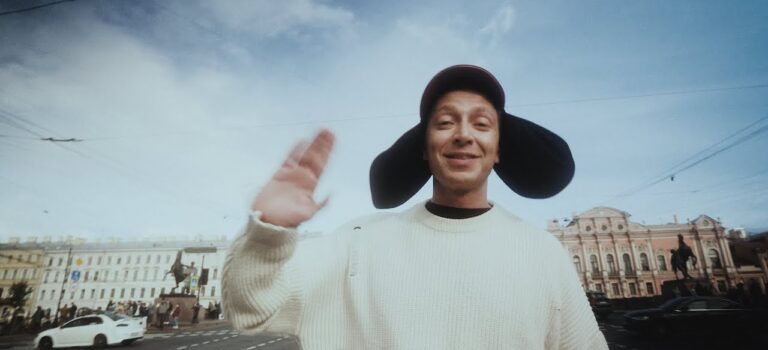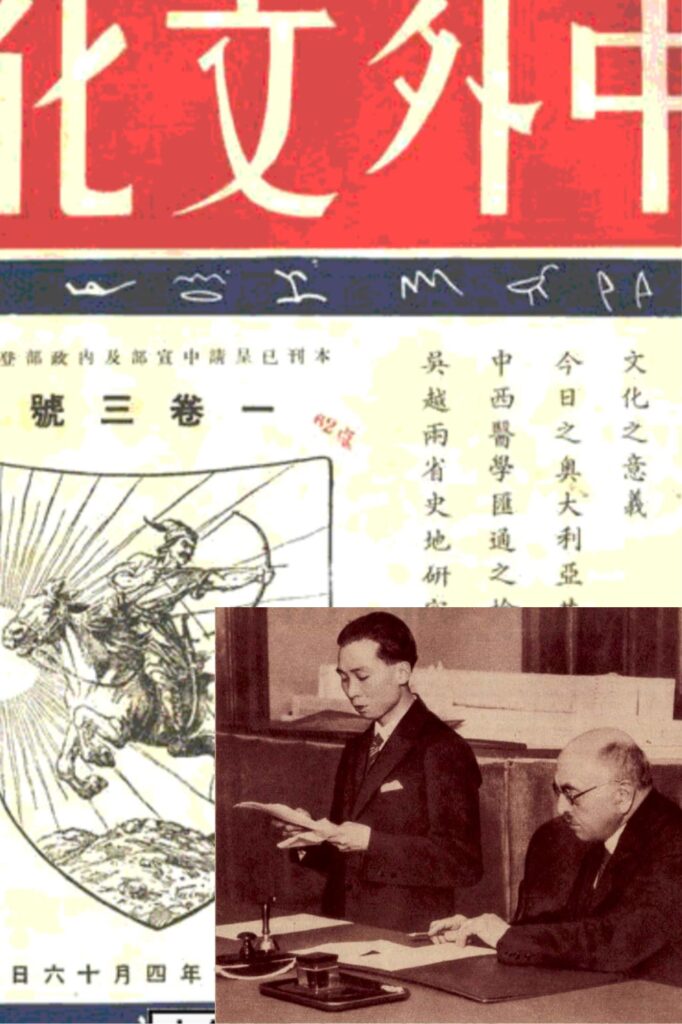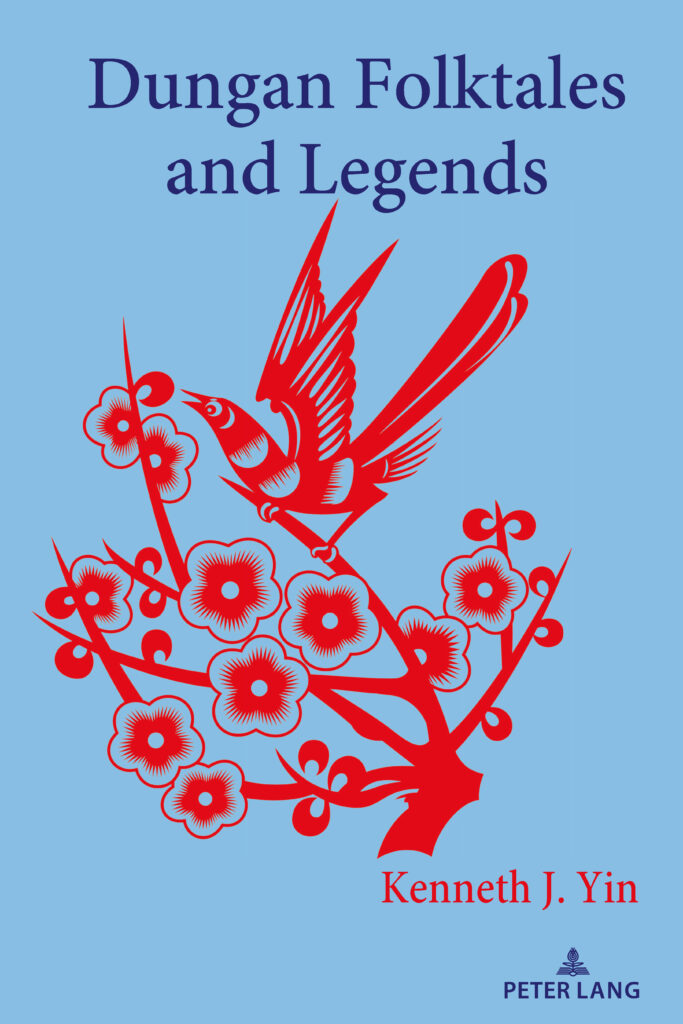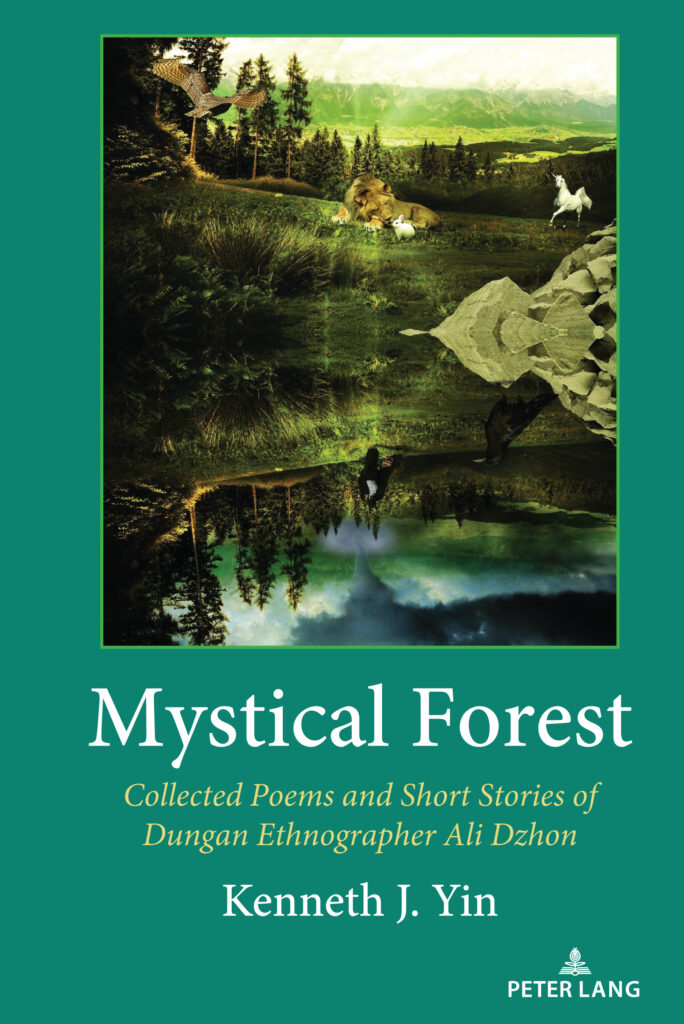With the upcoming one year anniversary of the Russian invasion of Ukraine, be sure to check out these upcoming events around CUNY:
Thursday, February 23, 12pm EST – “The Russian Invasion of Ukraine: A Year of War and Genocide“
With an avowed goal of de-Ukrainization, Russia rejects the idea of Ukrainian statehood and has declared genocidal goals in Ukraine. With Eugene Finkel, Kenneth H. Keller Associate Professor of International Affairs, Johns Hopkins University. The author of several books, including Ordinary Jews: Choice and Survival during the Holocaust (2017) and Bread and Autocracy: Food, Politics and Security in Putin’s Russia (2023), Finkel is a scholar of genocide, mass violence, and politics in Eastern Europe. In conversation with Elissa Bemporad, Professor of History and Ungar Chair in East European Jewish History and the Holocaust at Queens College and CUNY Graduate Center. Moderated by: Natalya Lazar is the Program Manager, The Initiative on Ukrainian-Jewish Shared History and the Holocaust in Ukraine, at the United States Holocaust Memorial Museum.
Register for this Zoom webinar.
Thursday, February 23, 12pm EST – “One Year Later: Russia’s War in Ukraine and Germany’s Policy Pivot“
Join Metin Hakverdi, Member of the German Bundestag, for a discussion of Germany’s Zeitenwende and its implications for Transatlantic relations. In conversation with Ralph Bunche Institute Director and Graduate Center Presidential Professor John Torpey.
This is a hybrid event. Join in person in room 5318, ARC Seminar Room, at the Graduate Center, CUNY, 365 Fifth Ave, New York, NY 10016. Or register to attend via Zoom.
Friday, February 24, 2pm EST – “Here is our front”: Hybridization of Normative Femininity During Russia’s War on Ukraine
Ukrainian women’s responses to the Russian full-scale military aggression against Ukraine as well as the Ukrainian society’s perception (reaction) to those responses are striking. Women’s self-mobilization for defense efforts manifested itself in two seemingly different ways: on the one end – large scale voluntary enrollment to the military to serve at the battle front, on the other end – simultaneous massive grass-roots volunteer movement of humanitarian nature at the home front. As different (or even opposite) as they may appear at first glance, these two women’s ways of engaging with defense efforts share an important common feature: both claim their rootedness in Ukrainian normative femininity with direct references to national historical legacy and folk traditions. Oksana Kis, Senior Research Fellow, Institute of Ethnology, National Academy of Sciences of Ukraine, visiting professor, the New School of Social Research in discussion with Olena Nikolayenko, Professor of Political Science, Fordham University, and Karyn Grossman Gershon, CEO, Project Kesheer.
This is a hybrid event. Join in person in room C201, the Graduate Center, CUNY, 365 Fifth Ave, New York, NY 10016. Or register to attend via Zoom.
Wednesday, March 1, 12:15 pm EST – “Russia’s War on Ukraine: One Year Later”
The Departments of History and Political Science at Queens College, CUNY, present this panel discussion on the occasion of the anniversary of Russia’s 2022 invasion of Ukraine, with Professors Elissa Bemporad, History, Julie George, Political Science, Igor Kuskovsky, Physics, and Thomas Ort, History. Moderated by Peter Liberman, Political Science.
Register for the Zoom webinar: bit.ly/UkraineWarOneYearLater






